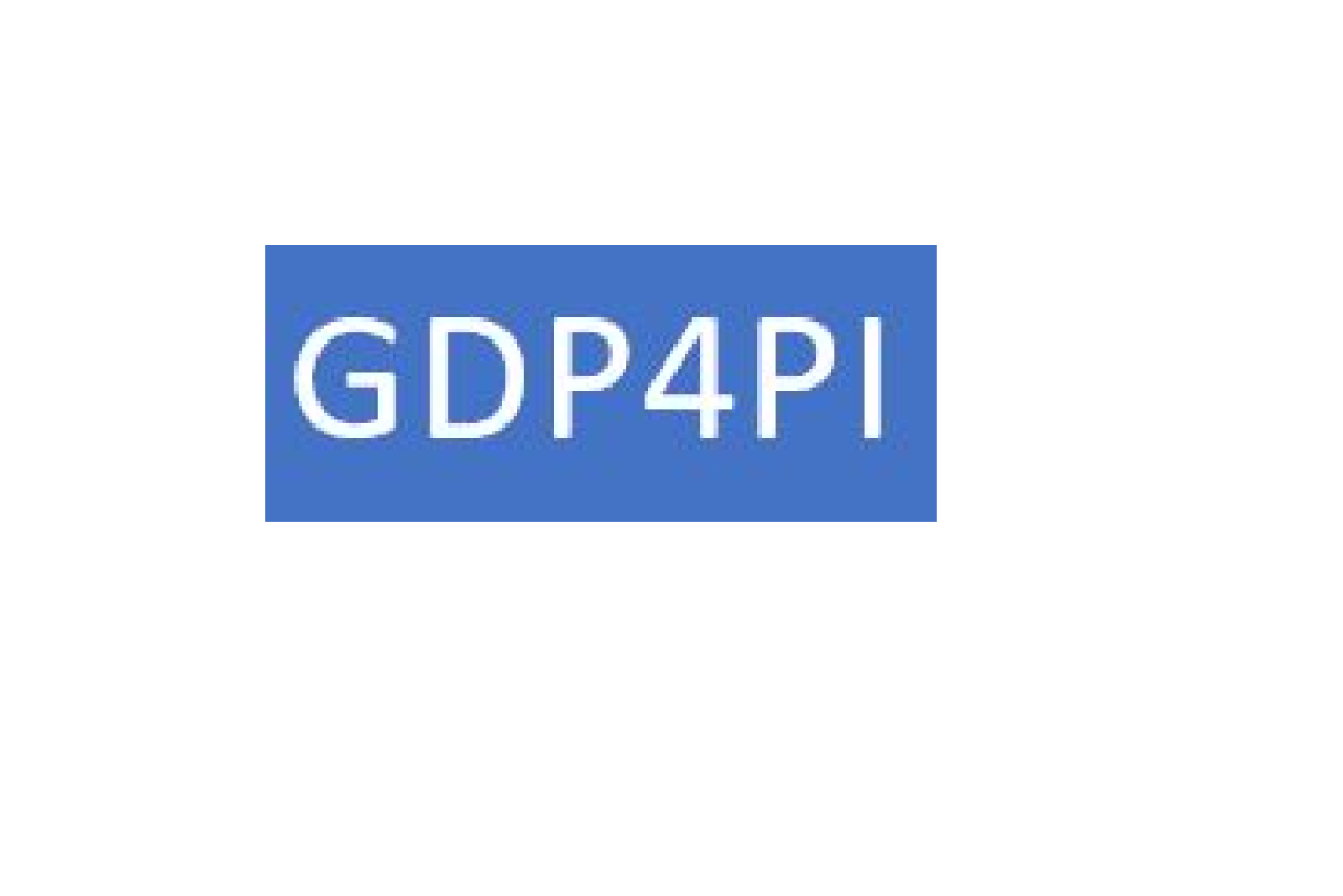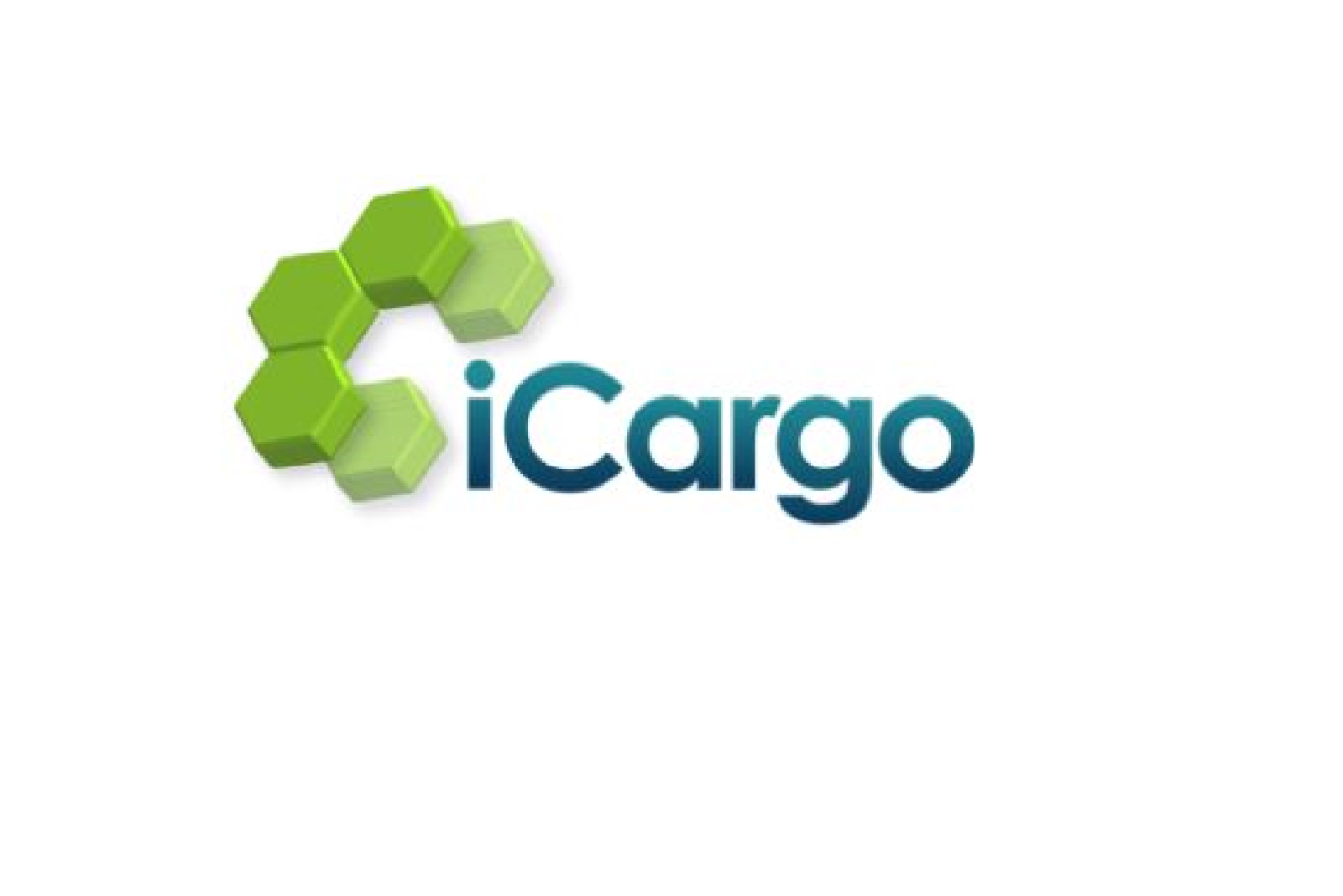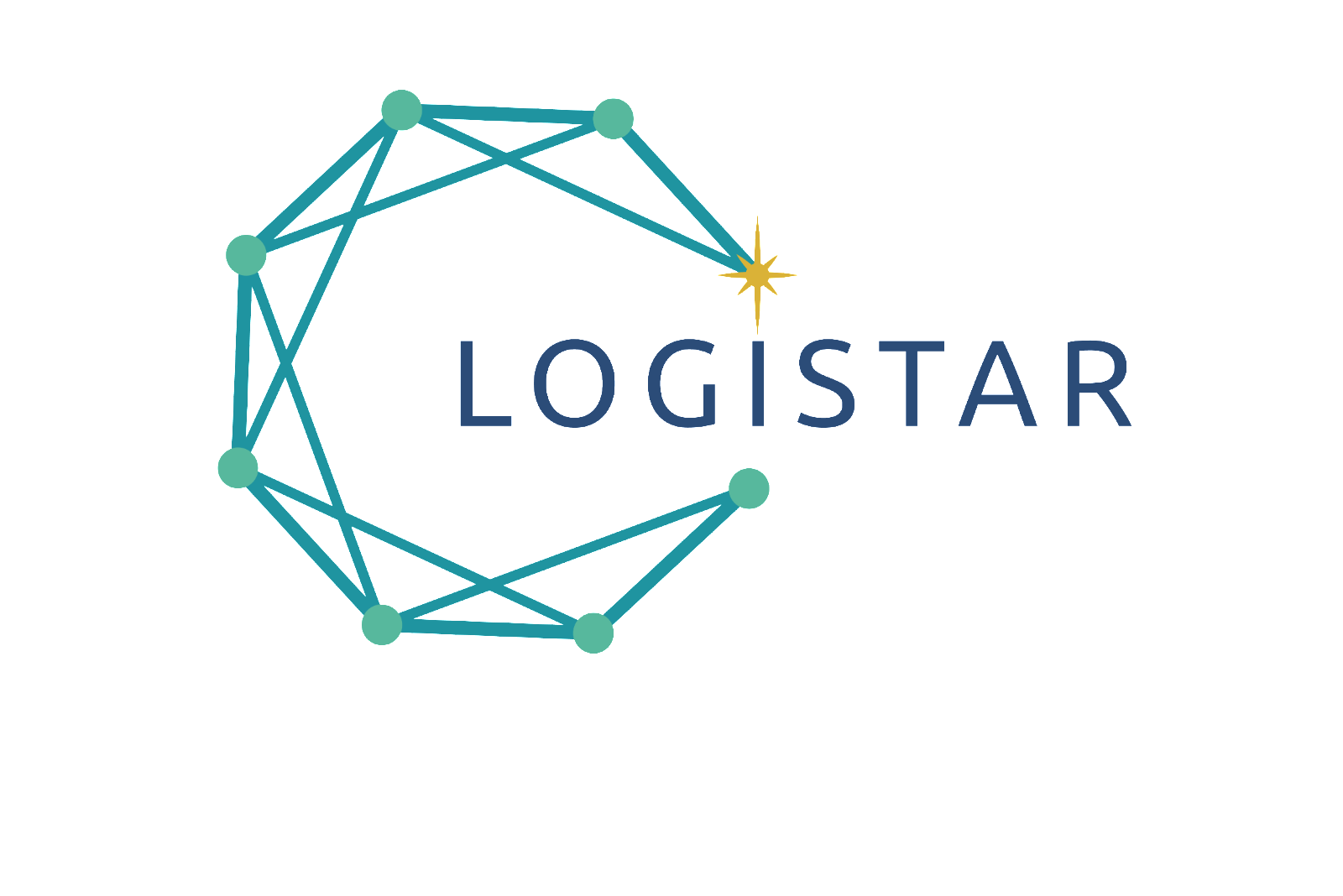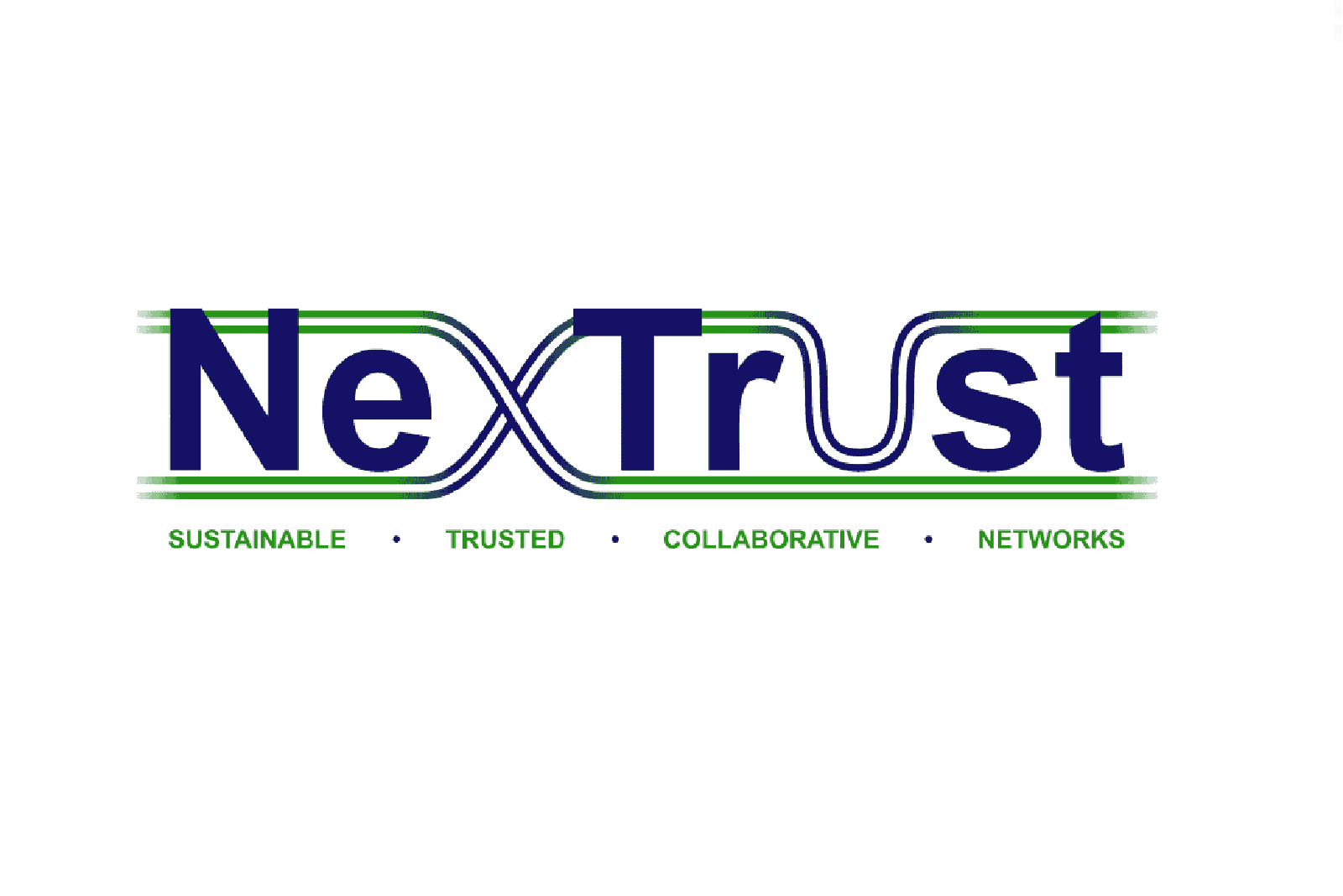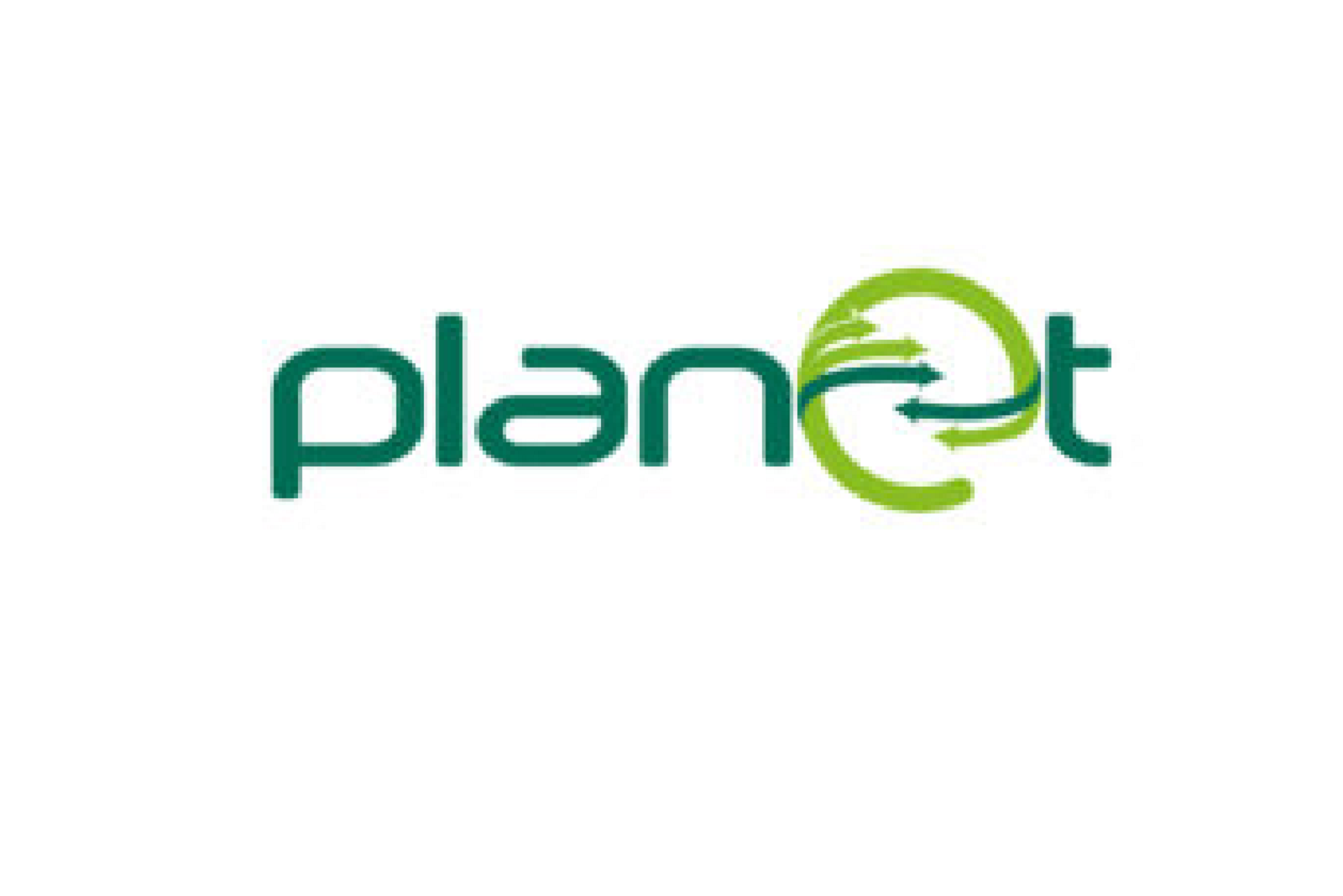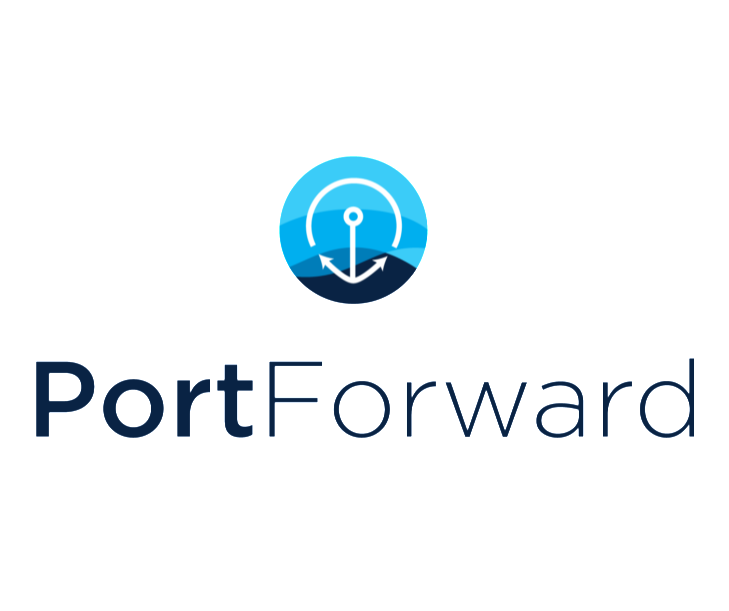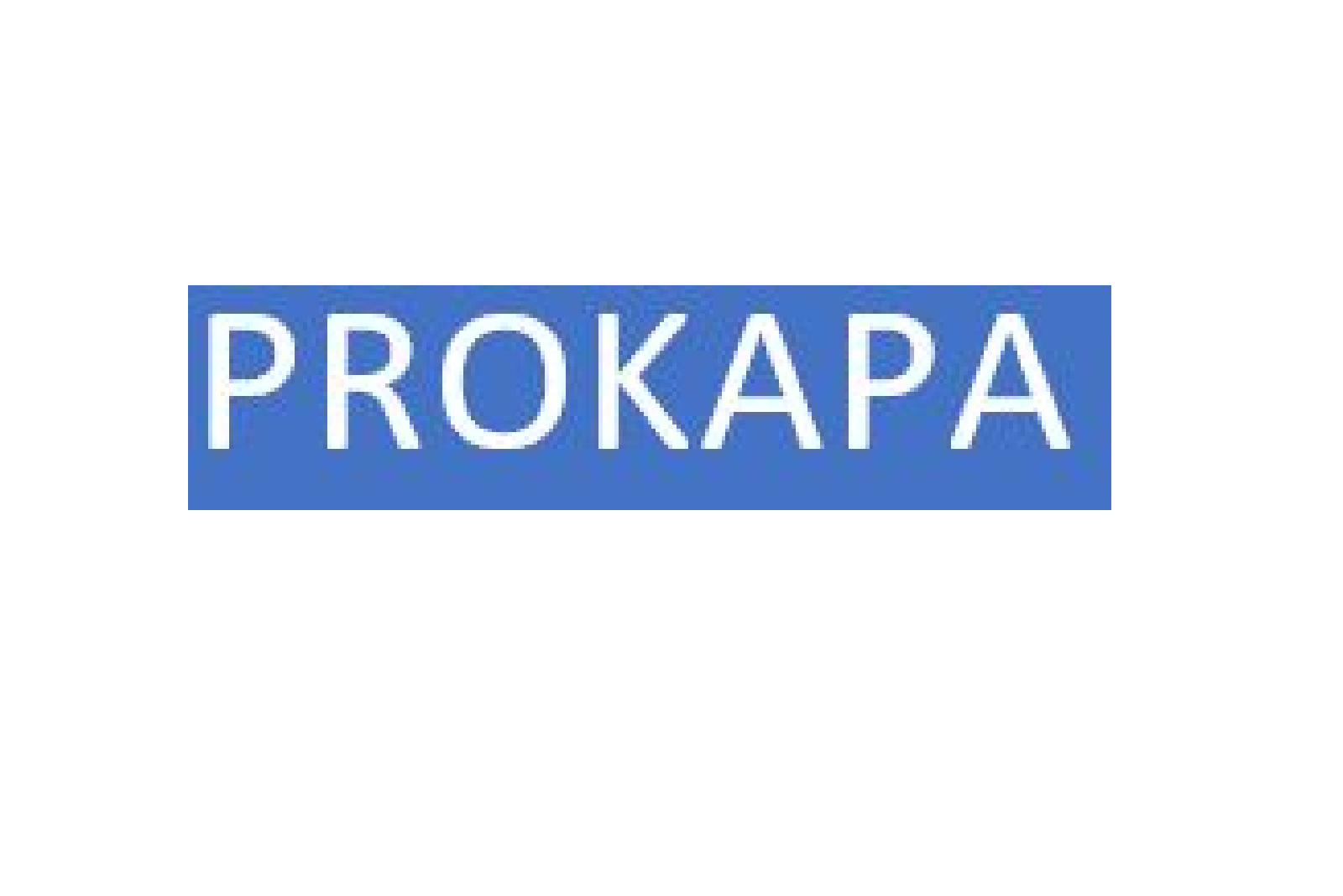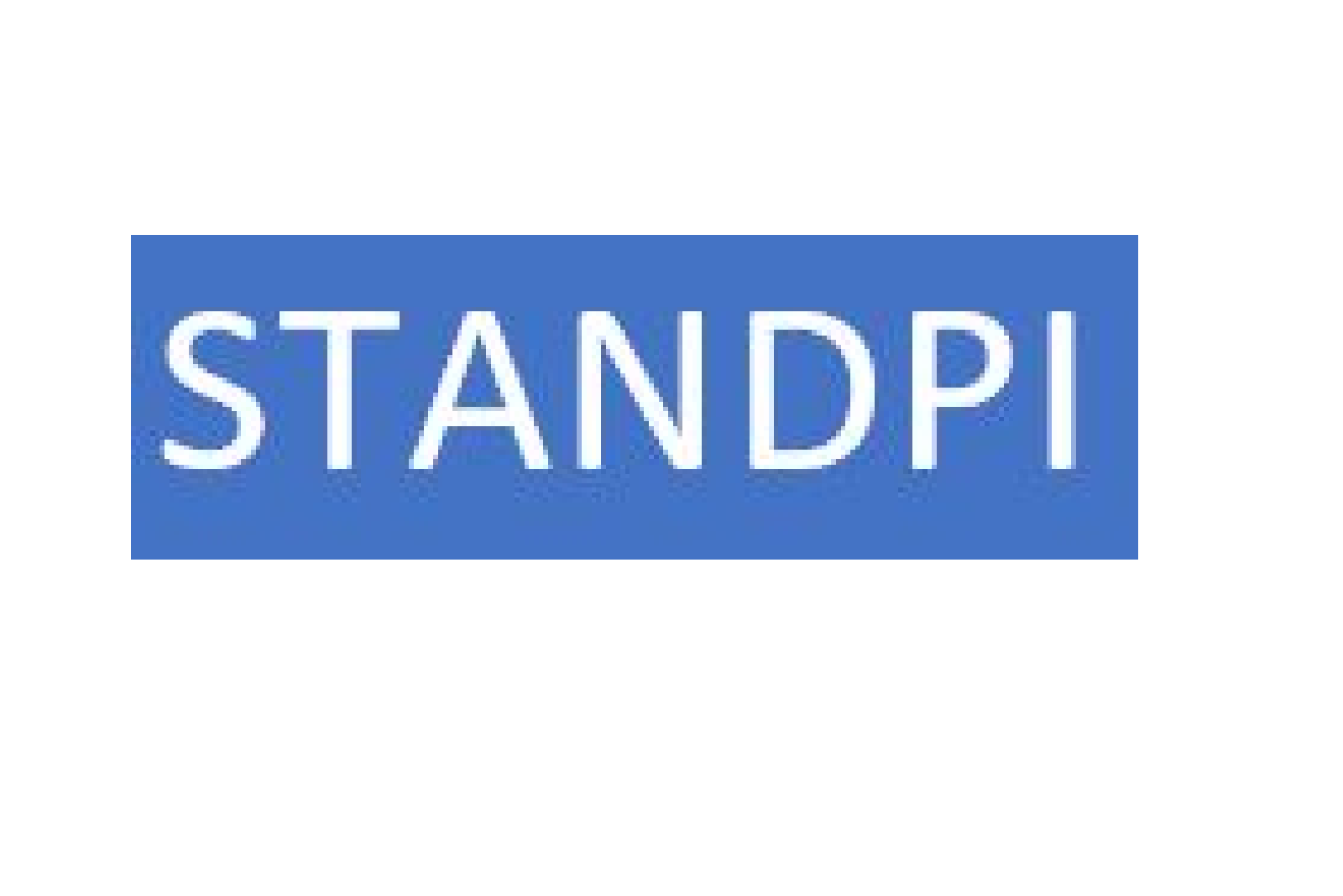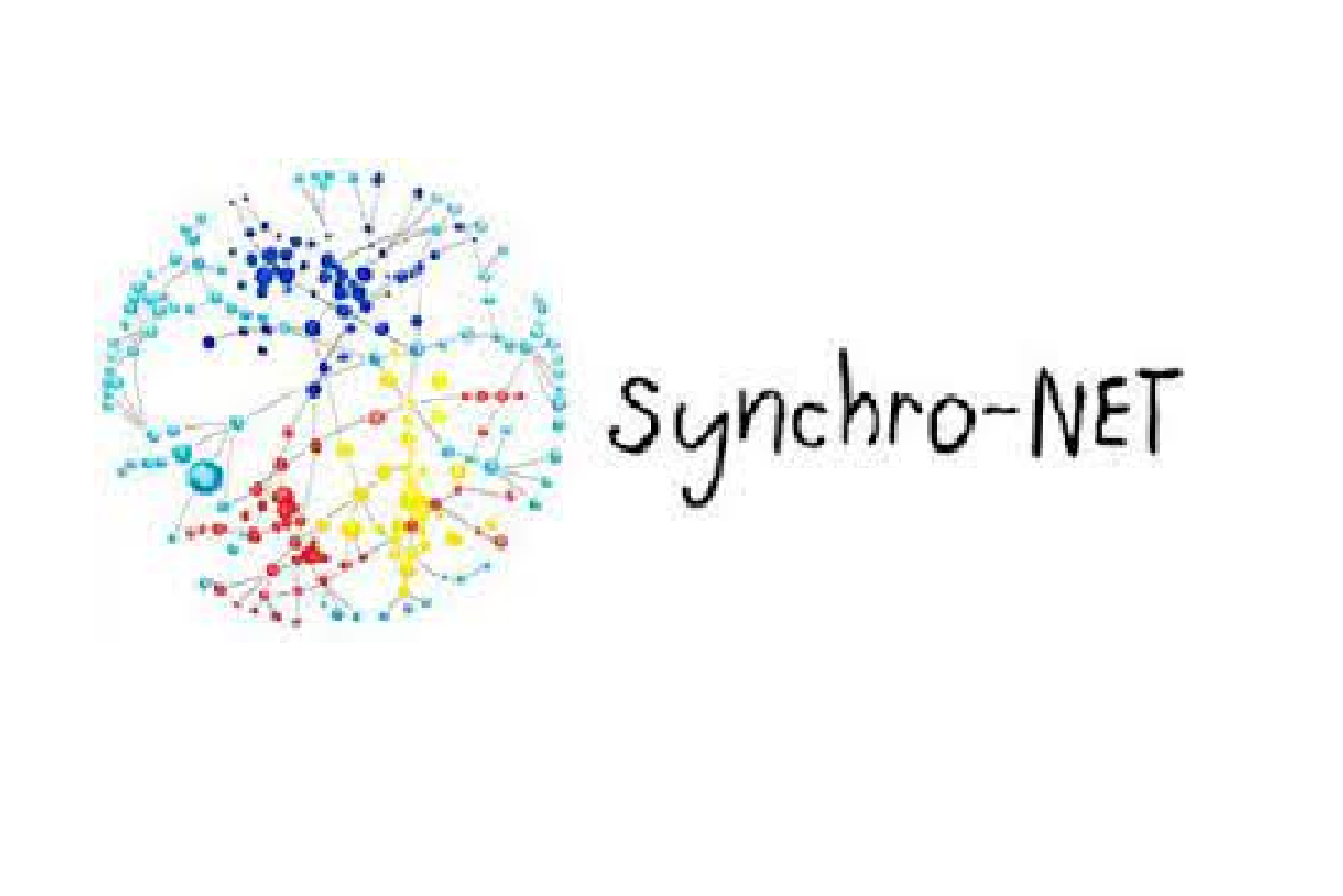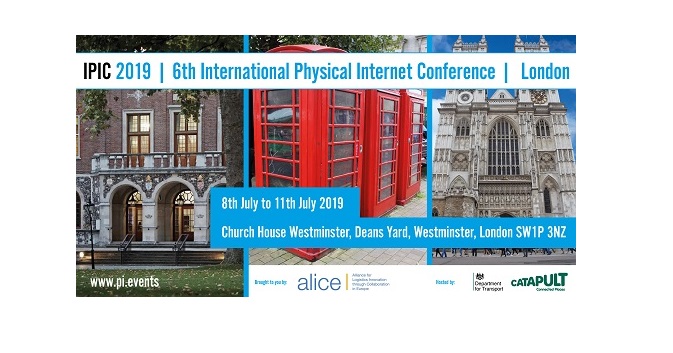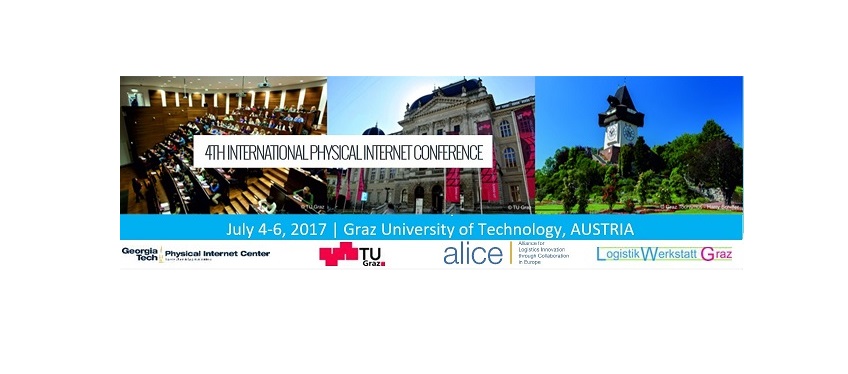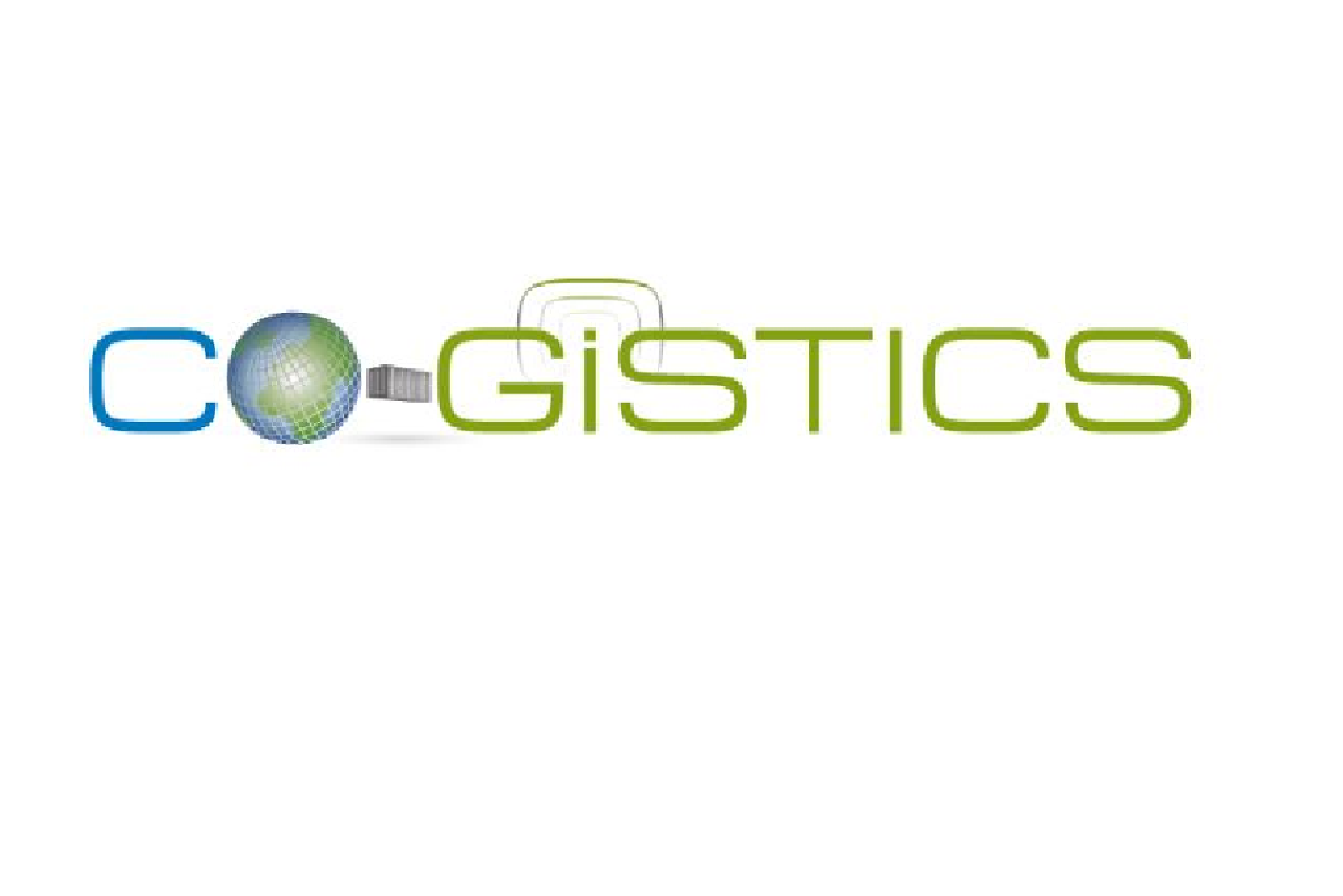
Key logistics stakeholders from seven European
cities/logistics hubs (Bordeaux, Frankfurt, Thessaloniki, Trieste, Arad, Bilbao
and Vigo) have joined forces to deploy, validate and set-up after project life
of five piloted cooperative logistics services combining cooperative mobility
services and intelligent cargo with real-life logistical aspects. CO-GISTICS
services will increase energy efficiency and equivalent CO2 emissions, bringing
additional benefits in road safety and cargo security.To achieve these goals
public authorities, fleet operators, freight forwarders, industrial partners
and other stakeholders will jointly implement five services: CO2 Footprint
Estimation and Monitoring, Cargo Transport Optimisation, Intelligent Truck
Parking and Delivery Area Management, Eco-Drive Support, Priority and Speed
Advice. These services will be piloted over one year of real life driving.Each
of the pilot sites have full stakeholder chain in their partnership for
successful after-project life. The user groups will include commercial users,
such as truck and van drivers, as well as logistics and fleet operators. In
total the consortium aims to pilot 330 vehicles with about 230 users, 300
intelligent cargo items.The service components used have already been developed
and extensively trilled. Some of the components are already operational since a
number of years while others have been implemented and trialled through
research projects.In addition to proving the benefits, the project aims at
identifying deployment opportunities, barriers and finding solutions for those.
Furthermore, clear business models and exploitation plans will be developed.
Last but not least, CO-GISTICS will also take an active role in the relevant
standardization bodies, primarily ETSI and CEN.All these aspects hold a promise
that CO-GISTICS services will prove extensive benefits to all key stakeholders
and prove that sustainable implementation is possible




